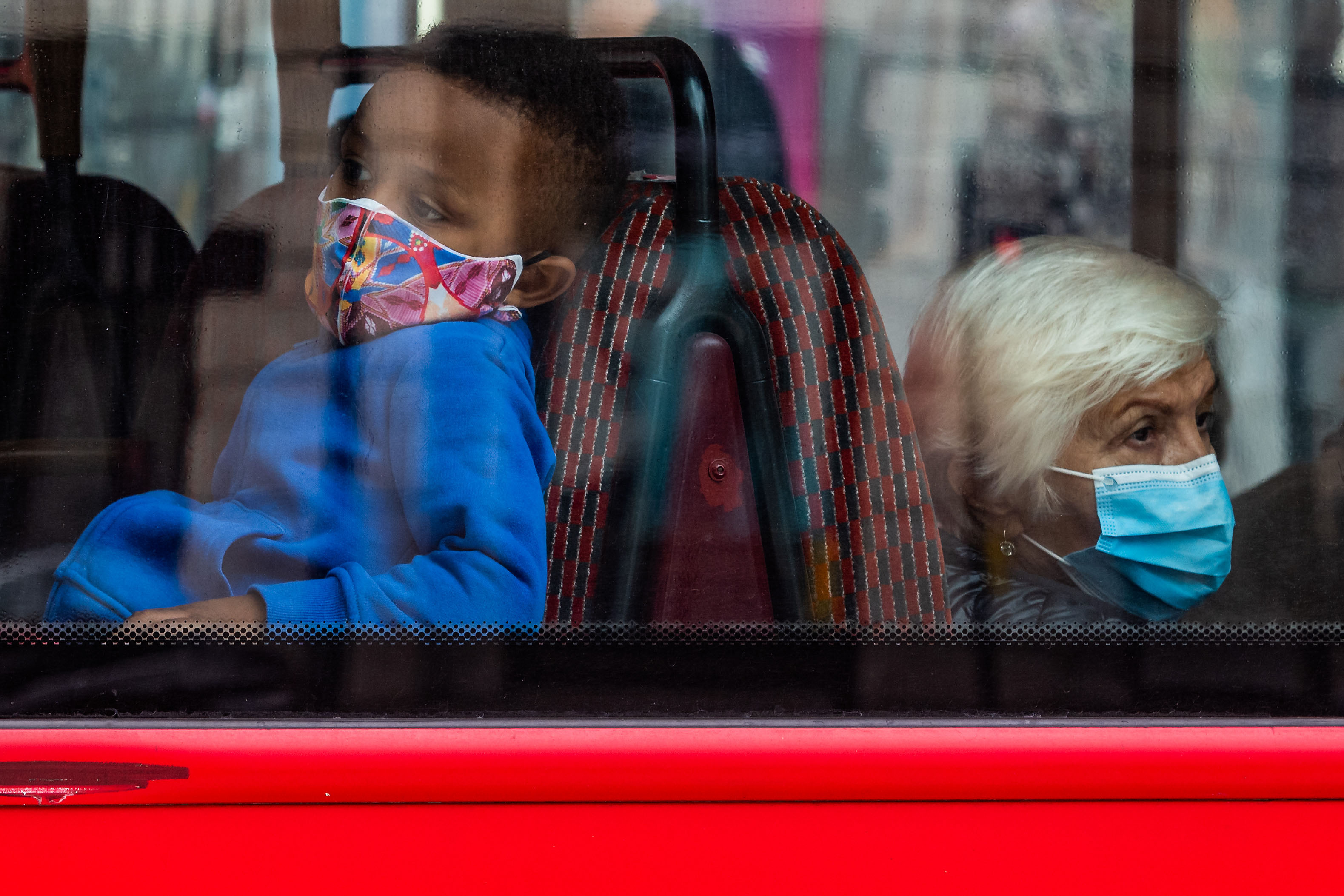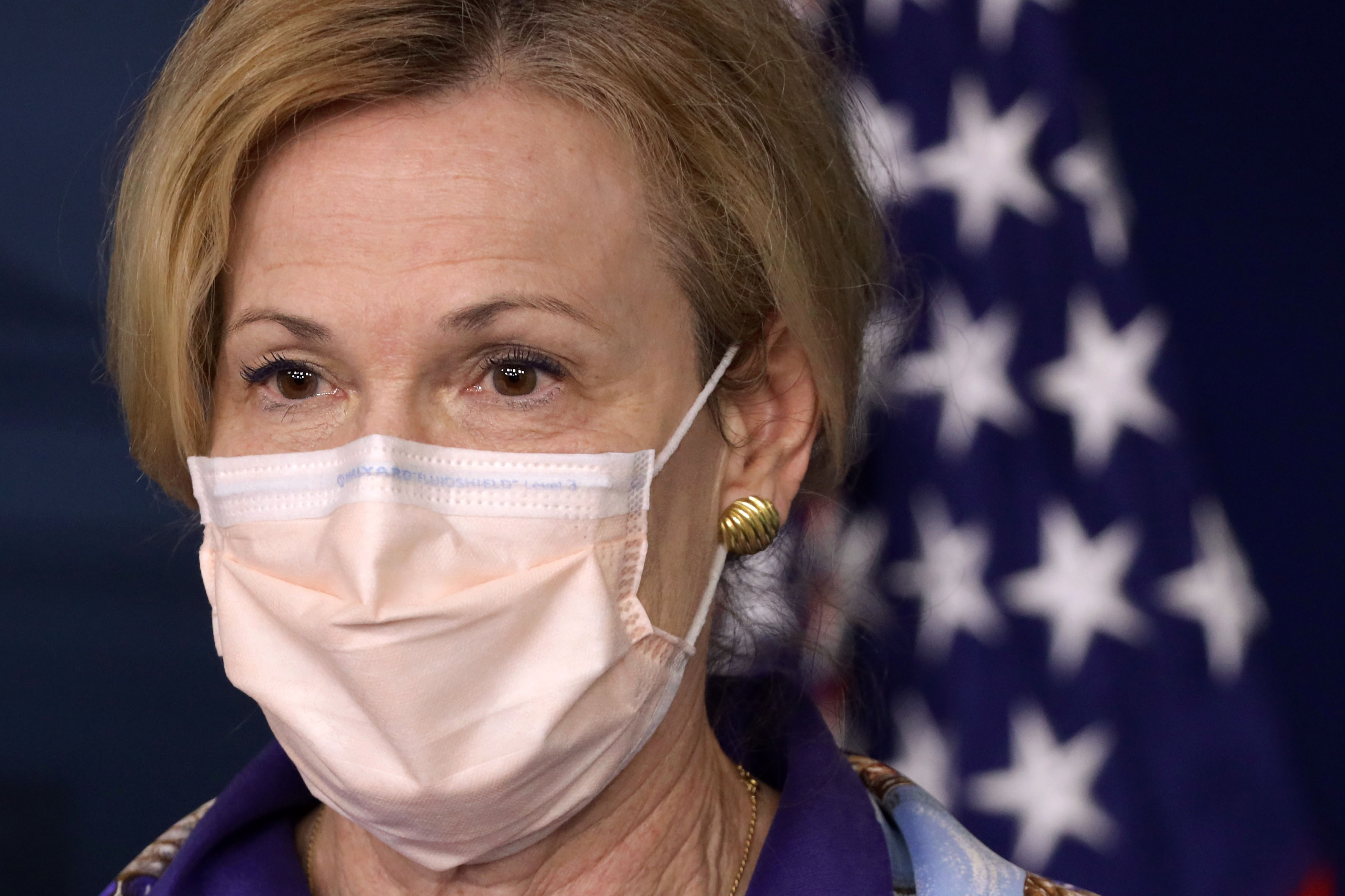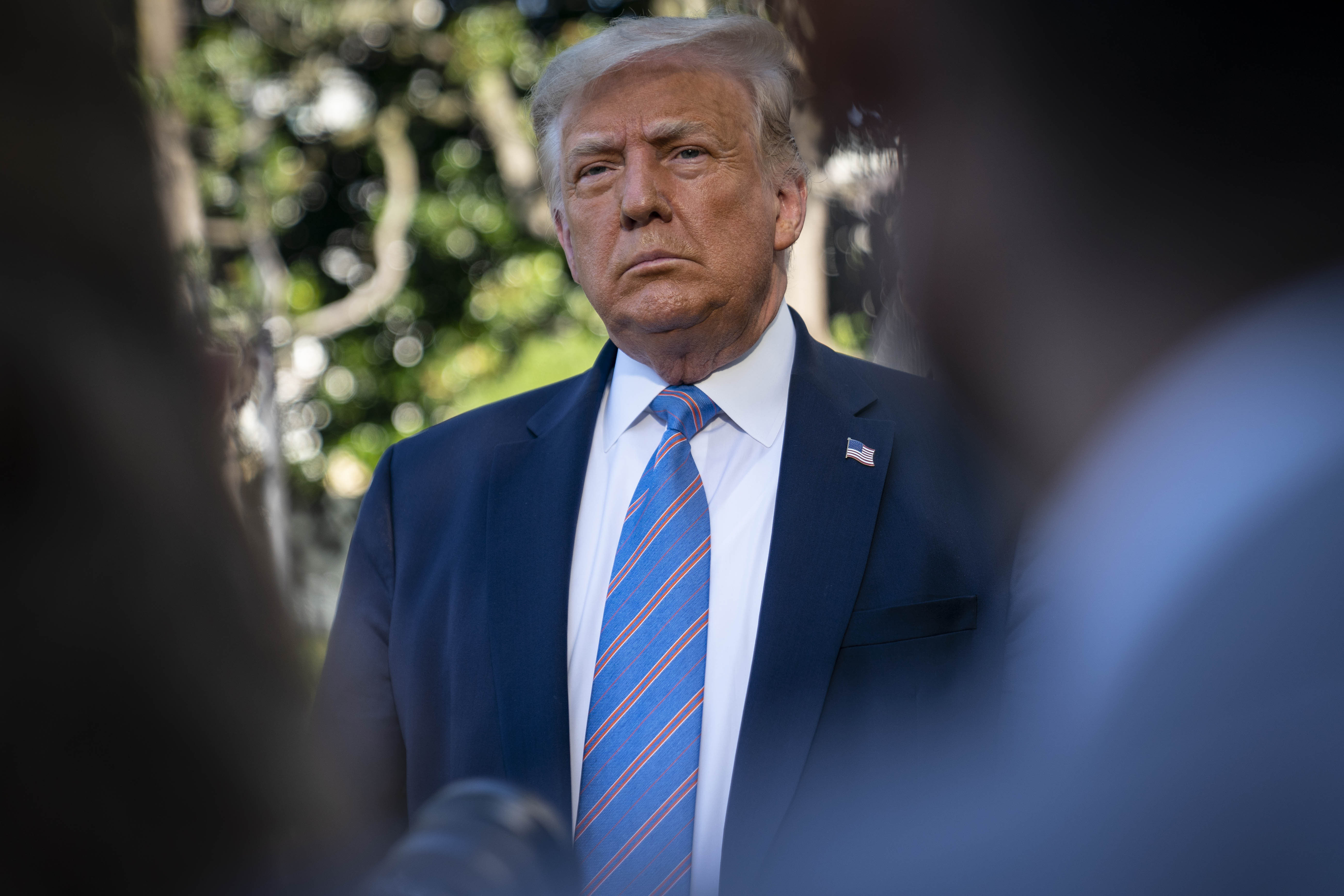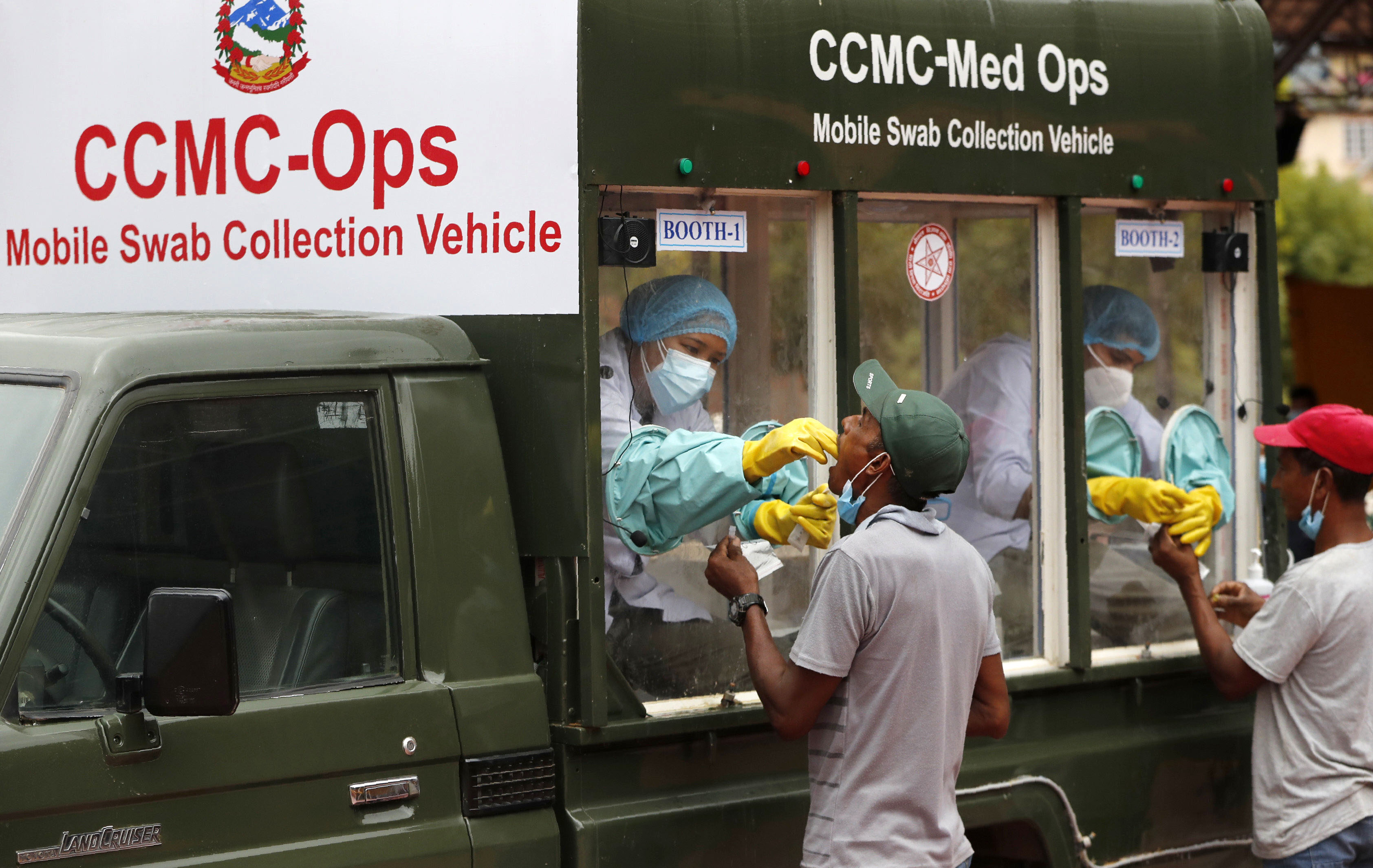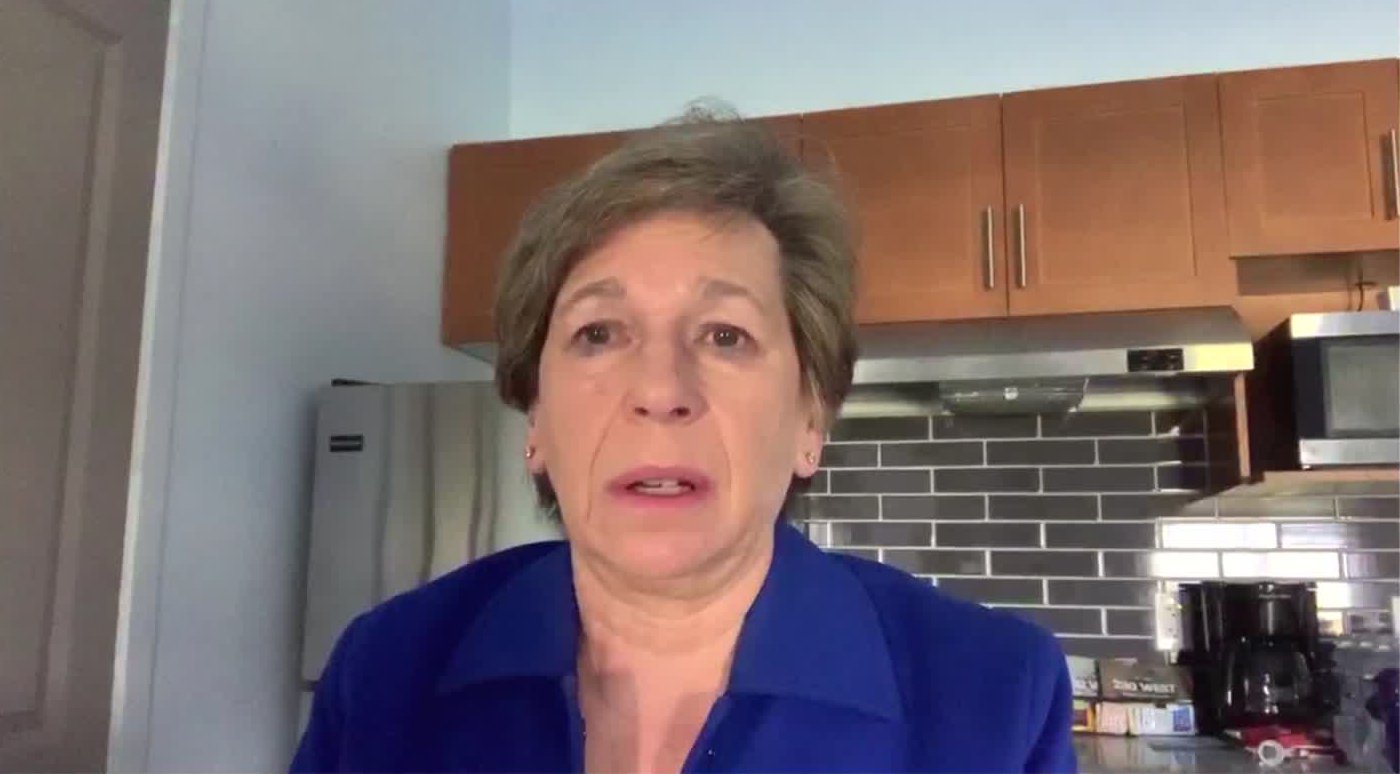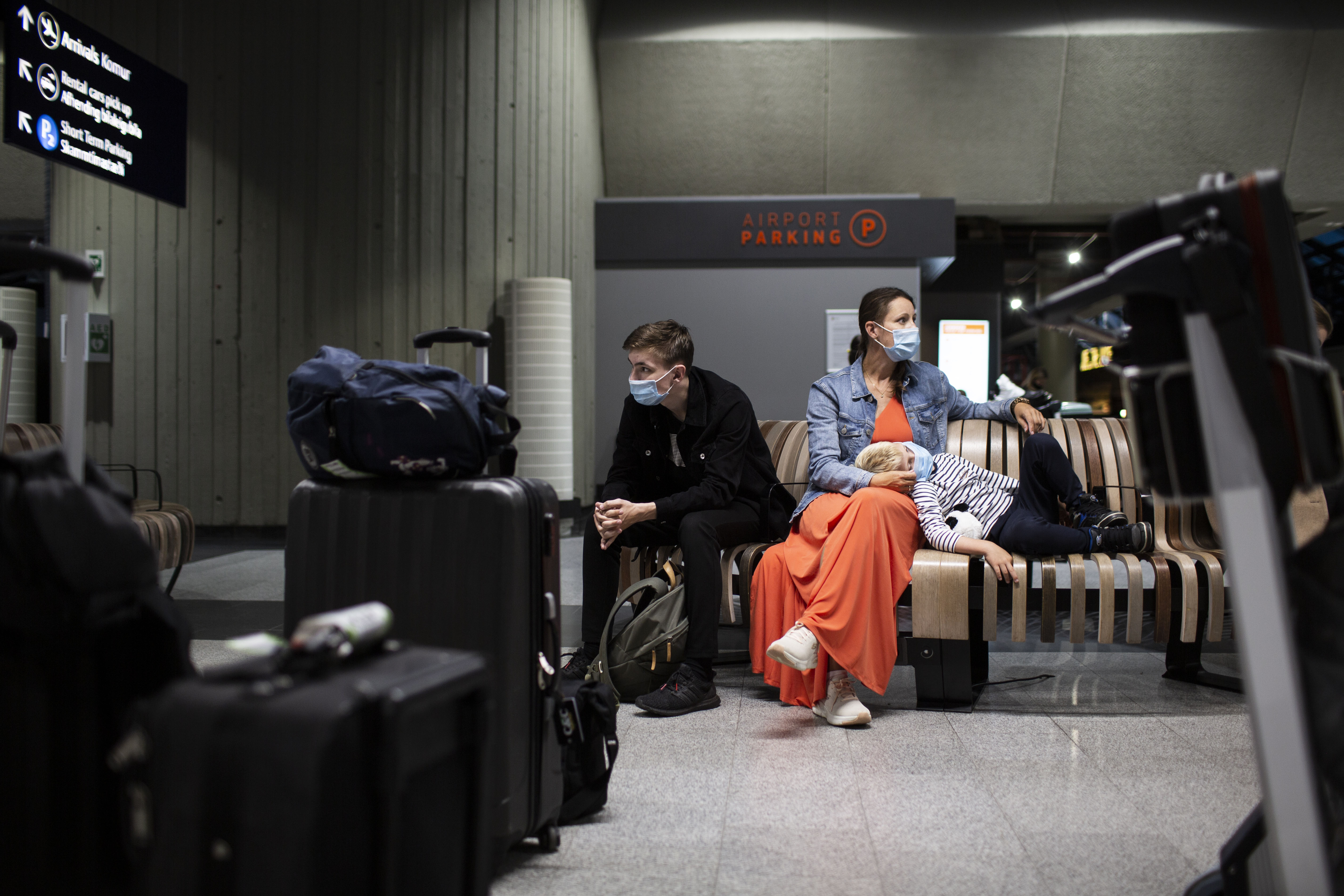
Iceland’s government announced tougher coronavirus-related restrictions Thursday following new outbreaks in the country.
The new rules take effect starting tomorrow. Here's a look at them:
- There will be a ban on gatherings of more than 100 people (previously, gatherings of up to 500 people were allowed).
- The government is reintroducing the two-meter social distancing rule. In circumstances where that is not possible, masks are mandatory indoors and outdoors.
- Companies and official buildings where people gather are now required to secure and provide access to hand sanitizer
- Everyone who plans to stay more than 10 days must now test negative for Covid-19 twice – even if the first test was negative. Some travelers to Iceland previously only had to test negative once to avoid quarantine.
If those measures aren’t sufficient to halt new outbreaks, the government has said it will look at further action in relation to border controls.
Some background: Iceland has been praised for its handling of the virus, its extensive testing capacity, and its tracking and tracing methods.
The current rules were due to be relaxed even further on Aug. 4, but new outbreaks in the country have instead resulted in the new stricter measures.
The announcement comes a day before a long weekend in Iceland and one of its busiest travel periods of the year.
